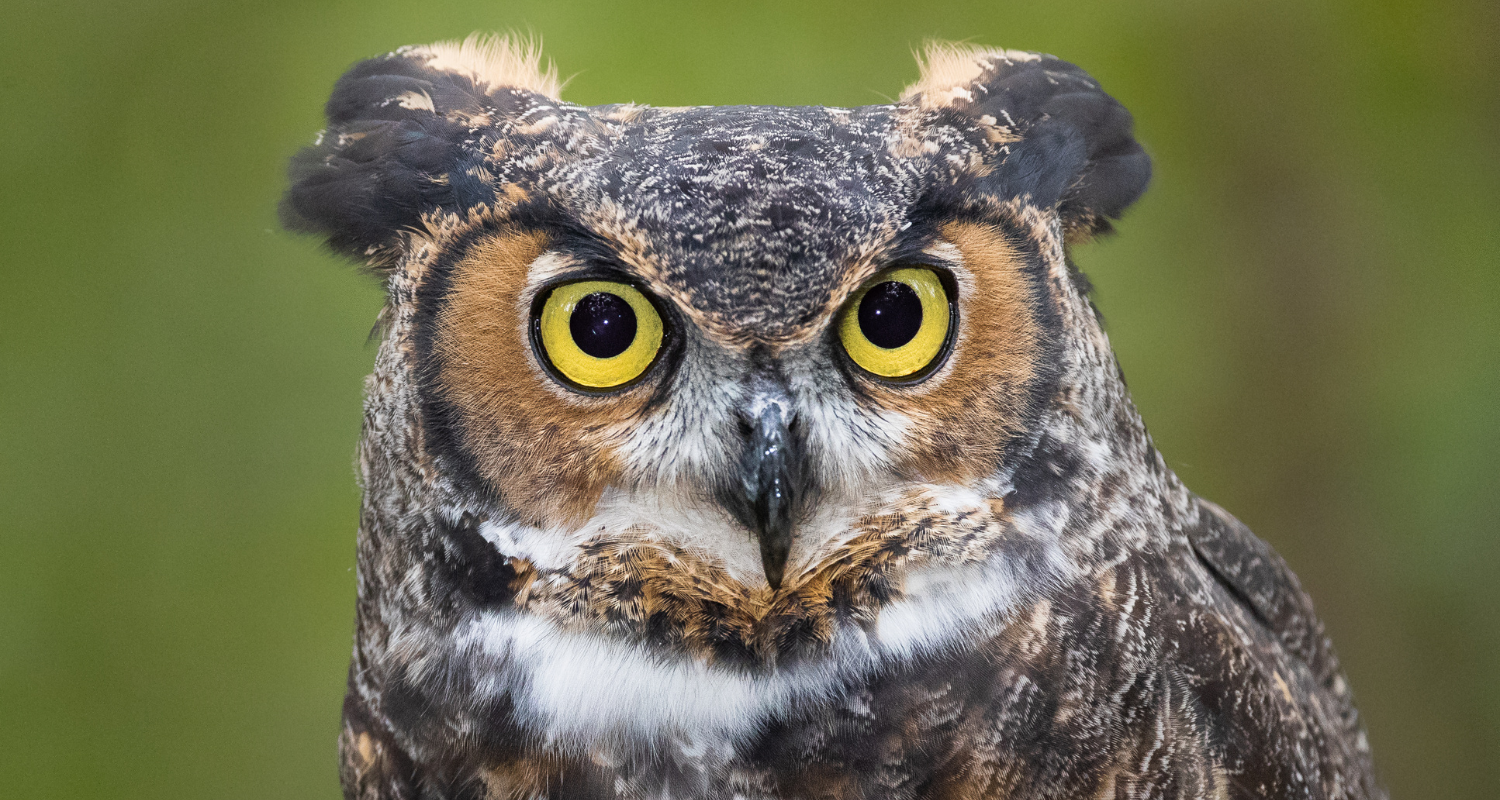
Owl Symbolism and Meaning as Spirit, Totem, and Power Animal
With its haunting call and piercing gaze, the owl holds a unique and profound place in the symbolism and spiritual meaning of cultures worldwide. It is an enigmatic creature whose association with the night imbues it with layers of mystery, wisdom, and ancient knowledge.
In Ancient Greece, the owl was linked with Athena, the goddess of wisdom, symbolizing intelligence and strategy. The city of Athens, renowned for its intellectual and philosophical prowess, adopted the owl as a symbol, further underscoring this association.
Contrastingly, in Roman mythology, the owl's nocturnal habits and eerie call led to its portrayal as a harbinger of death. However, this association also positioned the owl as a symbol of transition and transformation, guiding souls through the mysteries of life and the afterlife.
Native American cultures revered the owl for its ability to see in the dark, attributing it with insight and prophecy. It was viewed as a totem animal, a spiritual guide offering wisdom and messages from the spirit world.
In Celtic mythology, the owl's ability to pierce through the darkness linked it to the moon and feminine energies, symbolizing intuition, change, and the deep mysteries of life.
On a broader spiritual level, the owl represents our ability to navigate through our personal darkness, face our fears and uncertainties, and emerge with newfound wisdom and strength. Its ability to see clearly at night is a metaphor for our capacity to gain insight and clarity even in the midst of confusion or obscurity.
In modern times, the owl continues to represent wisdom and knowledge. It is a common emblem in educational institutions, symbolizing the pursuit of learning.
The owl's symbolism, therefore, is a rich tapestry of wisdom, mystery, transformation, and insight. It invites us to delve into the unknown, seek wisdom amidst the darkness, and navigate life's mysteries with courage and insight.
In Ancient Greece, the owl was linked with Athena, the goddess of wisdom, symbolizing intelligence and strategy. The city of Athens, renowned for its intellectual and philosophical prowess, adopted the owl as a symbol, further underscoring this association.
Contrastingly, in Roman mythology, the owl's nocturnal habits and eerie call led to its portrayal as a harbinger of death. However, this association also positioned the owl as a symbol of transition and transformation, guiding souls through the mysteries of life and the afterlife.
Native American cultures revered the owl for its ability to see in the dark, attributing it with insight and prophecy. It was viewed as a totem animal, a spiritual guide offering wisdom and messages from the spirit world.
In Celtic mythology, the owl's ability to pierce through the darkness linked it to the moon and feminine energies, symbolizing intuition, change, and the deep mysteries of life.
On a broader spiritual level, the owl represents our ability to navigate through our personal darkness, face our fears and uncertainties, and emerge with newfound wisdom and strength. Its ability to see clearly at night is a metaphor for our capacity to gain insight and clarity even in the midst of confusion or obscurity.
In modern times, the owl continues to represent wisdom and knowledge. It is a common emblem in educational institutions, symbolizing the pursuit of learning.
The owl's symbolism, therefore, is a rich tapestry of wisdom, mystery, transformation, and insight. It invites us to delve into the unknown, seek wisdom amidst the darkness, and navigate life's mysteries with courage and insight.

Leave a comment
This site is protected by hCaptcha and the hCaptcha Privacy Policy and Terms of Service apply.